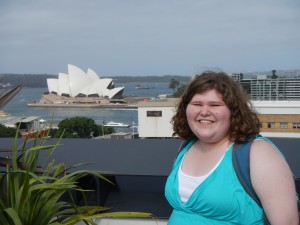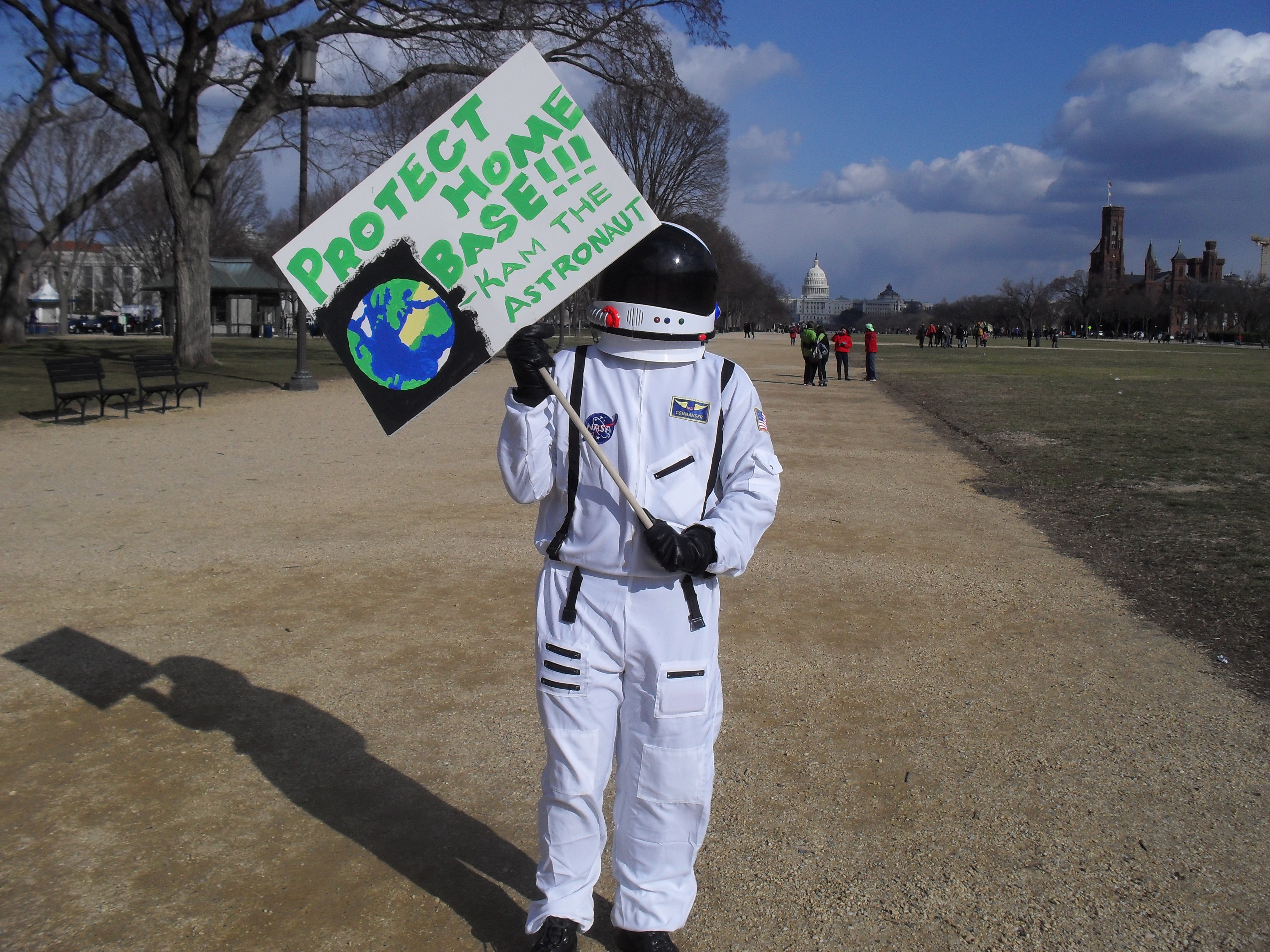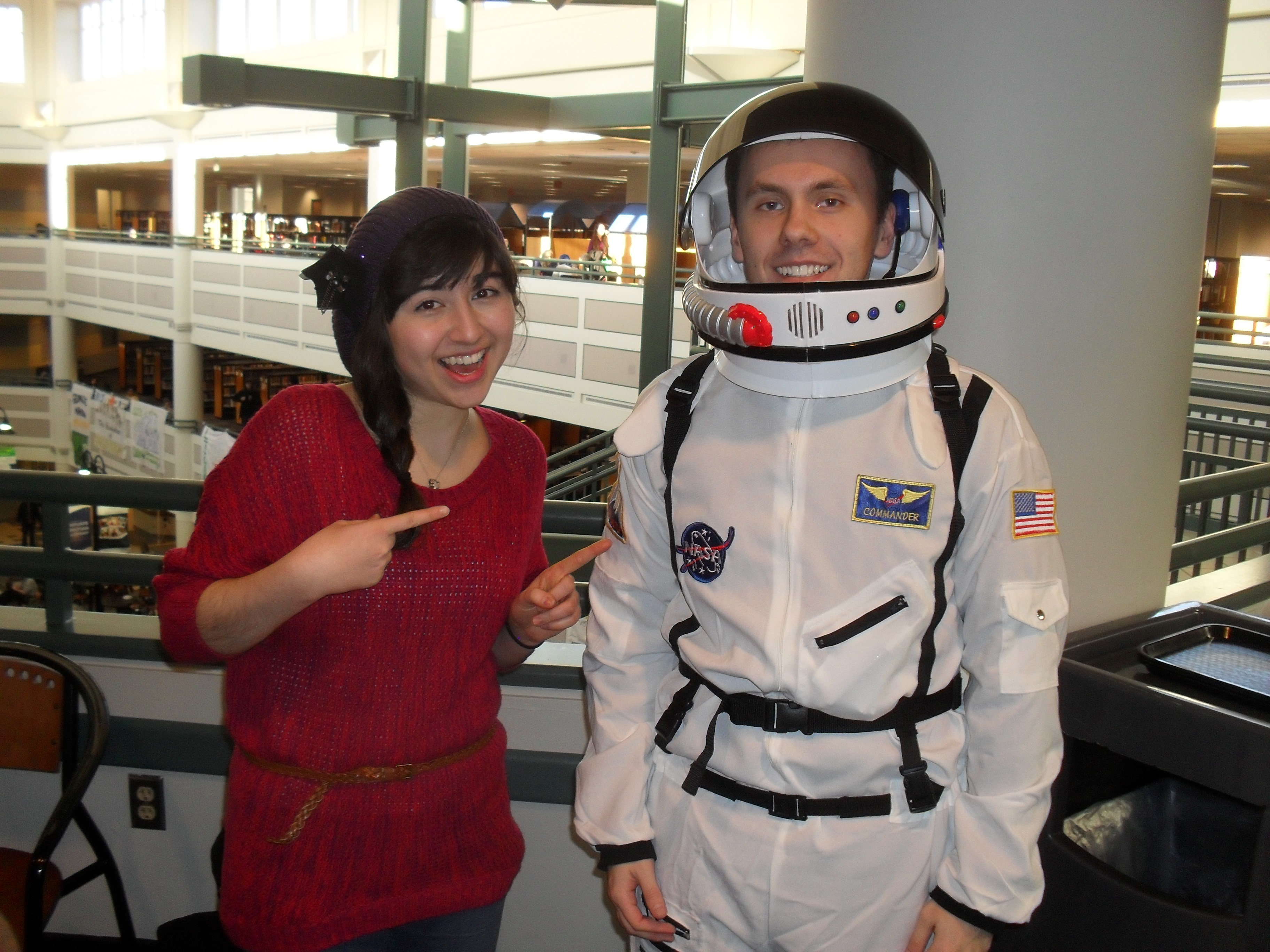This week’s post is from 2013 IB graduate Andrea Chez, who just completed her first year of medical school… in Australia!
Shock was usually the first reaction that I got when I told people that I was moving to Sydney.
Then excitement.
Followed by disbelief.
And the question that I always got, and am still getting asked, is “why Australia?” Up until my senior year, I had never considered medical school anywhere outside of the States. I had decided to study abroad for a couple weeks in January of 2015 (through the University). The focus of the trip was to learn more about global healthcare, and the diversity of different healthcare regiments, as well as population diversity. In the course of the fortnight that I spent in Australia, I had fallen in love. The idea that I could potentially contribute to helping Indigenous peoples, both medically and culturally, was exciting and invigorating. I also truly appreciated how largely mental health is emphasized. The view isn’t too shabby either.
I had always known that I would like to study abroad throughout the course of my medical degree. I thought that I would arrange electives here or there in different countries, or utilize my summers to travel and explore. When I returned home, I decided to try and send off applications to some medical programs around Australia, without huge expectations that I would be accepted. That changed when I was notified that I had qualified for multiple mini interviews at both the University of Sydney and the University of Melbourne.
The application process is not too different from the program in the States, but everything is much cheaper. One option is to apply to multiple schools through a main application that you send to the schools that you would like to apply to, but there is only one fee versus a fee for every school. Another way is to apply through an international representative (which I elected to do). My representative helped me throughout the whole process of dealing with student loans, applying for the correct visa, and just contacting the universities in general. The medical schools then conduct multiple mini interviews, in which a panel of interviewers will talk to different applicants and have them answer a variety of panel questions, each with a rubric of points that can be awarded. Once interviews are done, decisions are made, and places are awarded. Oddly enough, international tuition prices in Australia are pretty similar to domestic medical school tuition in the States. When I opened that acceptance e-mail, it was as if all of my hard work was validated.
It definitely takes hefty doses of bravery and moxie to pack up your life, and start over. The decision to enroll in any schooling, let alone medical school, in another country, is one that doesn’t suit everyone. I love that I am completely immersed in a different culture, and will get to experience opportunities that I never dreamed of. However, there are days that I am quite homesick. There are also days that I couldn’t be happier. No matter what happens, I know that I have never regretted my decision, and am excited to see where this journey takes me.



